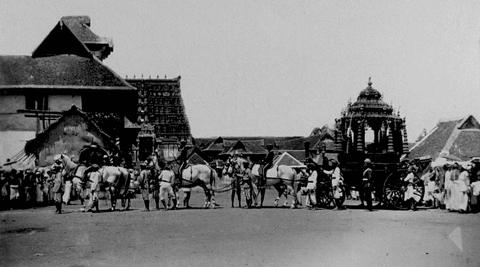January 2021
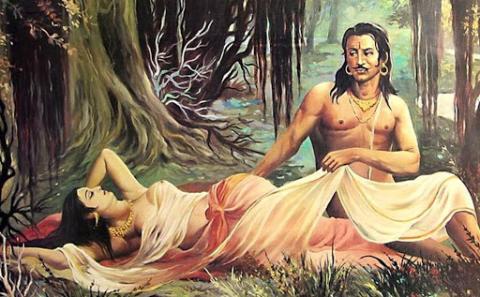
One of the days following this, Vatsarāja had a lavish party where he enjoyed drinking with Vāsavadattā and Padmāvatī. Later he called for Gopālaka, Rumaṇvanta, Vasantaka, and Yaugandharāyaṇa at a place that was not very crowded. During the course of his conversation with them, when the topic turned to his days of separation [from Vāsavadattā], he narrated this tale:
The Story of Ūrvaśī and Purūrava
Long ago, there lived a king named Purūrava,...
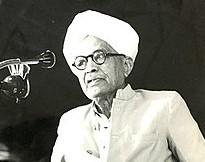
The Vampire of Doubts
V Si. had doubts at every step. “If I put it this way, this question crops up. If I say it that way, another question arises!” – This kind of uncertainty crept into his writings as well.
To this, DVG had said, “Questions keep popping up, but answers too must come up, right?”
I happen to recollect one such incident.
A certain individual who had met V Si. in a public programme invited him to an event that was to take place...
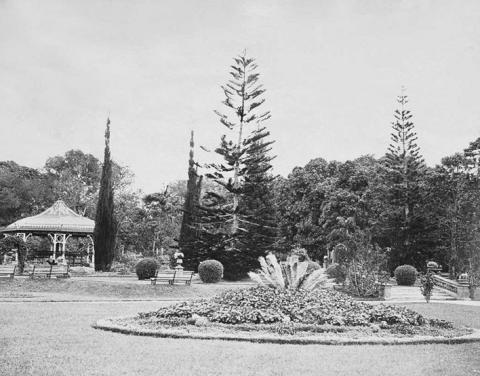
After V. P. Madhava Rao, Thanjavur Ananda Rao came to power as the Diwan. He was rich by birth and also possessed all the great attributes that a wealthy person should have. His father, Raja Sir. T. Madhava Rao, had been the Diwan of Baroda (Vadodara) and Travancore; He was well known as a person of remarkable intellect and competence. ‘Raja’ and ‘Sir’ were the titles conferred on him by the British Government. Sir. T. Madhava Rao served as the...
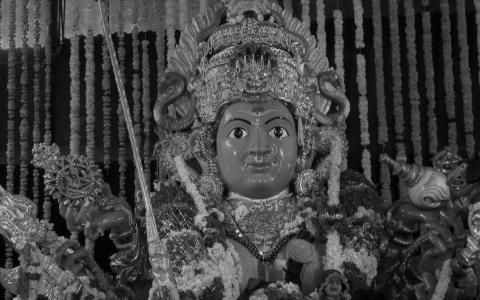
I have previously described the vaidikas[1], scholars, and connoisseurs of Mulbagal, in bits and pieces, in many series of articles. In the present essay I shall describe the typical lifestyle of Mulbagal’s people. I have not selected the topic for this article from the town of Mulbagal because the place is special in any way. Scholars and common people alike resided there in those days as they did in all other places. Since I know this town...
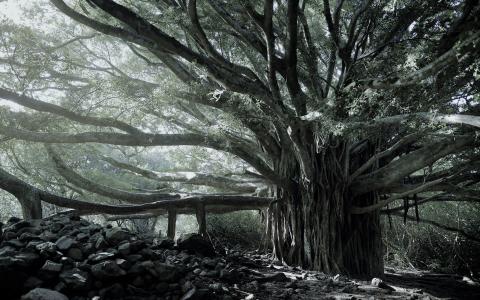
The debate took place in Sanskrit.
Shastri’s argument was as follows – In the Vedic tradition, marriage is an instrument for dharma not enjoyment; so to facilitate refinement of the individual the child marriage is emphasized, and that is considered right.
Dharmadeva Vācaspati quoted the Vedic passages which exposit that a woman who has become an adult would marry a man who has completed brahmacarya and so argued that the Vedas emphasize the...
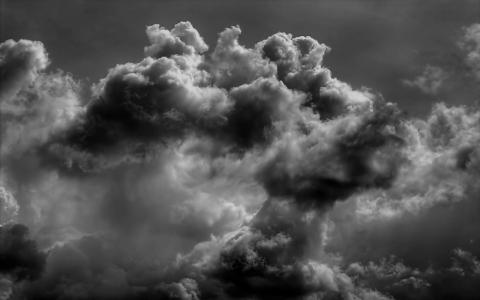
Back in the royal palace of Magadha, Vāsavadattā tried to contain her sorrow. She sought solace in gazing upon the paintings depicting Sītā’s woes in the period where she was separated from Rāma. Looking at her beauty and conduct, Padmāvatī was convinced that Avantikā was a high-born lady and treated her accordingly. The princess felt Avantikā’s looks betrayed her noble origins and she had disguised herself, just as Draupadī had in Virāṭa’s...
- « first
- ‹ previous
- 1
- 2
- 3

